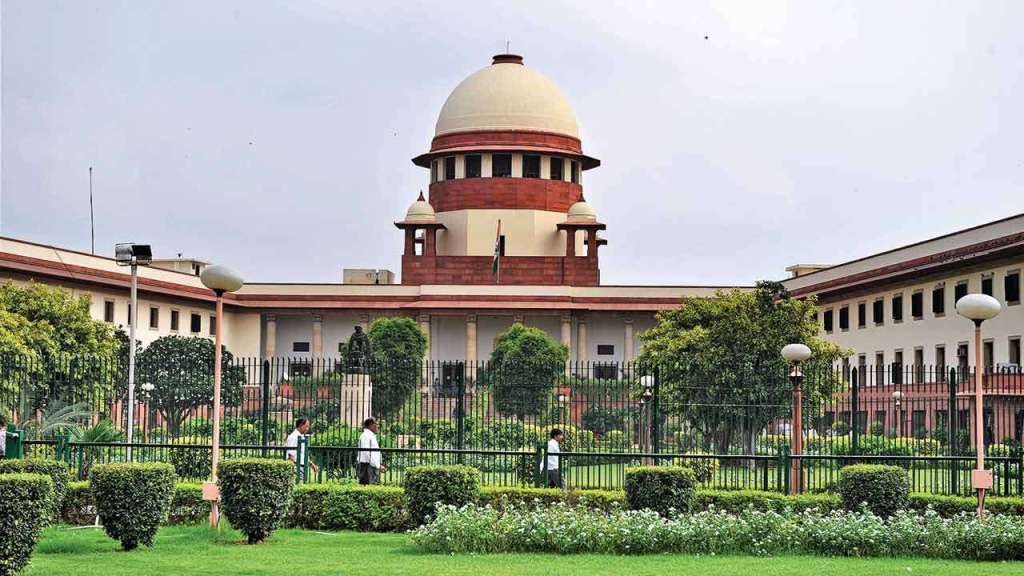Latest News
Article 143- Advisory jurisdiction and presidential Reference.

“Try be a rainbow in someone’s cloud” this is what the fundamental idea of the article 143 of the Constitution i.e the Advisory jurisdiction of the Supreme court. This quote can be used with reference to this provision as whenever President is facing clouds, the Supreme Court can produce rainbow in the form of advise and can provide president with a solution. This power or jurisdiction find its origin under section 213 of the Government of India Act,1935, which conferred discretion upon the Governor-General to pose questions involving public importance in Federal Court. The article 143 also confer the power to the president to address questions to the supreme Court, which in his eyes deems importance for public well being and welfare. As per this power, the honorable Supreme court “advises” the president by answering the queries of the president. However, it is very important to note that this provision or the advises are not binding on the president, nor is any “law declared by the Supreme Court”, hence it is not of any binding nature and is therefore, not binding on subordinate courts.
As Article 143 does not talk about administration of Justice, there is no judgement, sanction or decree but only consist of opinion to be forwarded to the president, this opinion of the Supreme Court is only advisory and not binding, therefore president is free to follow or unfollow the opinion provided(Keshav Singh's case, AIR1965SC745). However, in the cauvery water dispute tribunal 1992, it was held that the jurisdiction as per article 143(1) cannot be used to reconsider any of it’s earlier decision. If we look to the other side of the article that whether supreme Court is bound to give opinion? The Supreme Court in the Kerala Education Bill,1957 held that the use of word “may” in the article 143(1), in contradiction of the use of word “shall” under article 143(2) reveals that in case of reference under 143(2) the honorable court is under an obligation to answer to president, whereas under 143(1) it is discretionary for the Supreme Court to answer or not to answer the asked. However, in the landmark judgement of Ismail faruqui v. Union of India[(1994) 6 SCC 360], The constitutional bench of supreme court said that it was unproductive and unnecessary and was against the very spirit of secularism and was favoring a particular religious community and therefore, the question that was asked by president that whether a temple originally existed at that site where the Babri Masjid stood was not required to answer.
In the lights of the language of article 143 and the cases referred it can be said that this article is just a Advisory article and not the “law declared by supreme Court” under article 141 and therefore, it’s nature is not binding rather it’s persuasive and it is on the court whether it should be answered or not, if not with valid reasons. Till now there have been more than ten references made by the president from the Supreme court therefore it can be said that this article took the essence of the qoute “Try be a rainbow in someone’s cloud”.



































































































